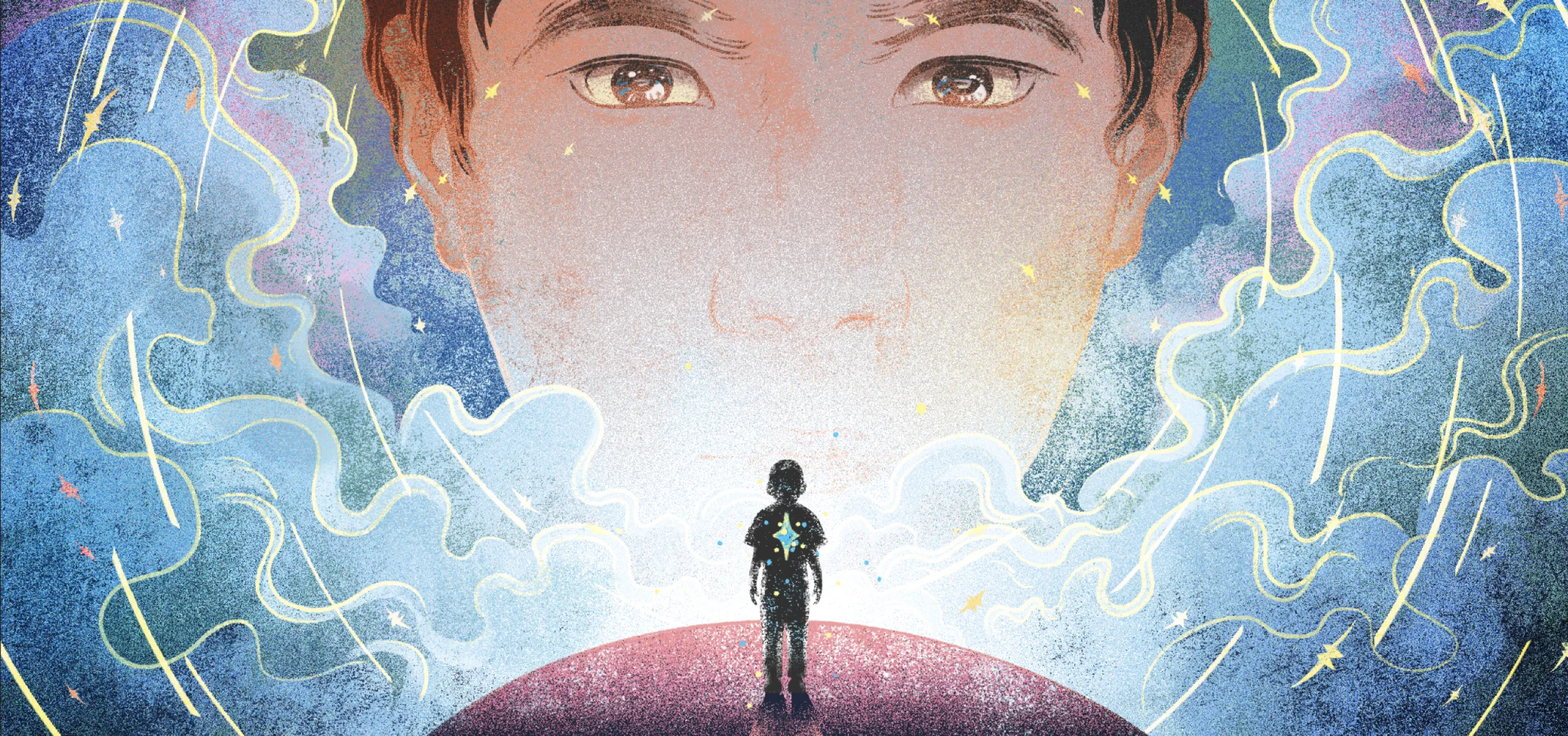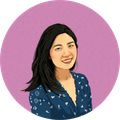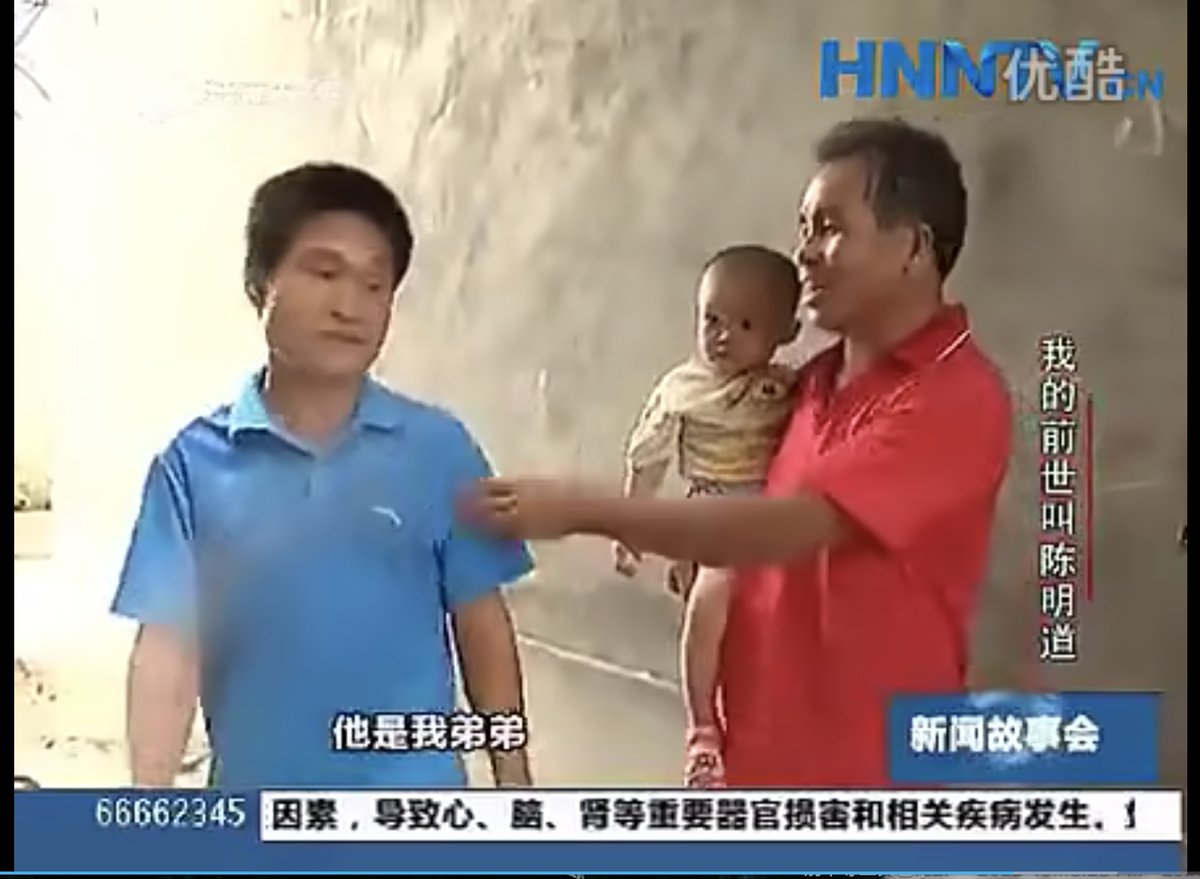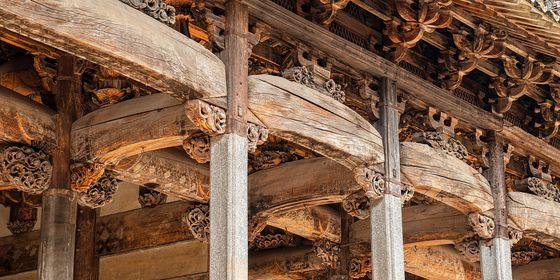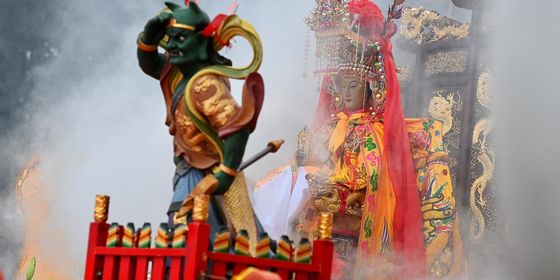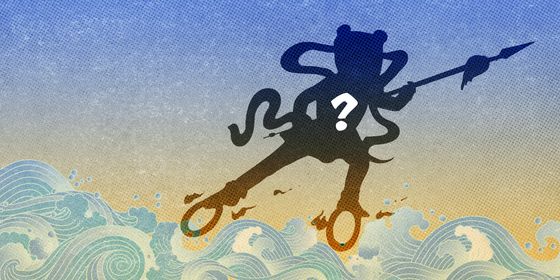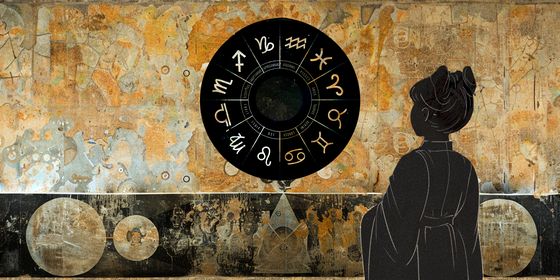A Hainan man who claims to be living a double life remains one of China’s greatest mysteries
Imagine the scare you’d get if one day your 3-year-old son told you out of the blue, in utter seriousness, “I am not your child. I was called Chen Mingdao in my previous life. My father’s name was Sandie”–especially when everything he says eventually checks out.
That was the unsettling incident a young couple in Bumo village, western Hainan province, supposedly faced in 1979. In the widely circulated version of the story, Tang Jiangshan, their toddler son, pronounced these very words one day, and went on to explain that his previous home was called Huangyu, a village in Danzhou city about 150 kilometers northeast of Bumo.
Nearly 10 years before Tang was born, in September 1967, 20-year-old Chen Mingdao and seven other local young men set out from Huangyu to buy diesel for the village’s milling machine. On the way, they were violently attacked by members of a neighboring village who had a feud with their own. This resulted in six deaths, among them Chen, who was shot and stabbed multiple times.
Tang has a scar on the left side of his body allegedly corresponding with one of these wounds. While recounting the tale in media interviews as an adult, he claimed to have been born with it. In these interviews, which form the bulk of what is known of Tang’s story today, he would claim this was proof that he was indeed Chen’s reincarnation.
The Tang family initially dismissed his story as childish make-believe, but under Tang’s relentless pestering, they gave in three years later and took the boy to visit his “past family” in Huangyu. Villagers’ jaws dropped when they heard him greet them one by one, correctly identifying them by their names or titles as relatives and friends from his past life. He allegedly spoke to them in the Danzhou dialect, which was mutually incomprehensible with Bumo’s local tongue.
In that first “homecoming” trip, the young boy walked up to a 30-year-old woman named Xie Shuxiang and held her hand. She was startled when Tang called her name. “I said, ‘You’re Xie Shuxiang. We were good friends. Don’t be afraid of me. I miss you,’” Tang recalled in an interview with Haikou magazine Oriental Female in 2002, adding that he was then able to prove his identity to Xie, his “past lover,” by detailing the places they used to take walks and hang out.
Oriental Female published two articles in 2002, claiming to have investigated this fantastical tale for months. They interviewed Chen Mingdao’s cousin Chen Junzhu, other villagers, and Xie Shuxiang herself, all of whom corroborated the basic facts from Tang’s account.
In 2014, Hainan News TV revisited the story. In the resulting short documentary, villagers from both Bumo and Huangyu expressed their unqualified belief that Tang is indeed a reincarnation of Chen Mingdao. A reporter from Danzhou spoke to Tang in the Danzhou dialect and concluded that though his speaking was rusty, he could understand the dialect with no problem.
To this day, there is no consensus about exactly what happened. Those who believe Tang was reborn wonder if he had forgotten to drink “Meng Po’s soup,” which is a folkloric potion that helps one forget their previous life, handed out to all dead souls by an old lady named Meng Po right before they head off to reincarnation.
Doubts also abound. Online resources state that People’s Daily published an article to debunk the myth in 2002, but TWOC was unable to locate the text online.
However, a widely shared article from an unknown source and date of publication lists 10 fishy points where Tang’s narrative does not add up. Though various sources told Oriental Female they were present during Tang’s initial visit to Huangyu, this investigation claims that all accounts their own reporter gathered start with “I heard,” without anyone confirmed to have actually witnessed any of the events. In addition, villagers living in Huangyu were unable to recall any specific people Tang supposedly recognized as his friends from past life during his first visit.
In Tang’s own account, there was a woman from Danzhou who ran a shop in his native Bumo village. Skeptics also reason it is not impossible that she might have played a role in Tang’s ability to “remember” events and people in Huangyu village, as well as to speak the dialect.
Tang’s story is not the only myth of reincarnation in China. In Pingyang township, Hunan province, home predominantly to members of the Dong ethnicity, more than 100 people have claimed to be reincarnated, often from a family member. When The Beijing News visited the village in 2015, the reporter found that most of these individuals purportedly told their story of reincarnation at around two years of age, and other people found out about it from family members who claimed to have been there when it happened. The report also mentioned that it is a local custom to bring gifts or donations when asking the reincarnated to tell their story.
But many locals seem to believe in reincarnation wholeheartedly. “There are so many reincarnated people in our village, that many families with a baby on the way worry that the newborn will turn out to be reincarnated,” a villager told The Beijing News. And when media outlets called this phenomenon a “collective lie,” said a county official, “we wanted to sue them, and hold them accountable for spreading fake news.”
In this mystery of he-said she-said surrounding Tang, though, it may be impossible to conclusively prove or disprove the story. Some skeptics interpret the tale as one in which villagers willingly fell for a legend in order to cope with grief over the traumatic loss of a loved one.
Believers, meanwhile, take this story as a sign that our knowledge of the cosmos is indeed too limited. “We’ve only developed into a scientific society for a few hundred years. It’s like we are kindergartners trying to solve an elementary school problem,” one viewer commented in 2020 under a repost of the Hainan News TV documentary on Bilibili.
Chen Junzhu, at least, seemed to take Tang to be his reincarnated cousin without reservation, believing he had no reason to lie. “When he came to meet his father, my uncle Chen Zanying was on welfare, struggling to put food on the table,” he explains to Oriental Female, “What could [Tang] be after?”
Allegedly, after his Huangyu visit, Tang continued to live in Bumo and eventually started a family there. But he kept in close contact with his “past self’s” village throughout his life, getting along with the villagers like he was one of their own. He supported Chen Zanying, his “past father” who Chen Mingdao referred to as Sandie, in his old age. After Chen Zanying’s death, Tang gave up his inheritance to his “cousin” Chen Junzhu’s family.
While the jury is still out on the truth of Tang’s reincarnation tale, it seems that for Chen Mingdao’s family, it was a case of the more the merrier.





